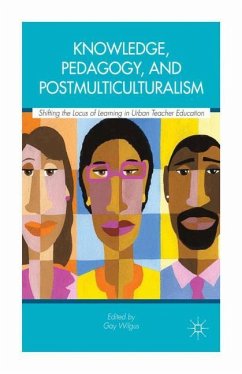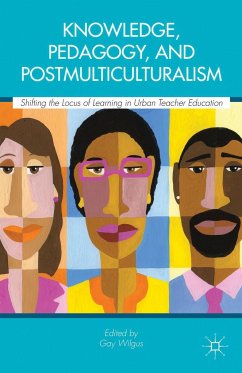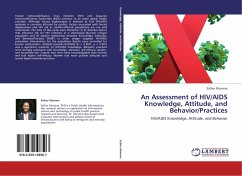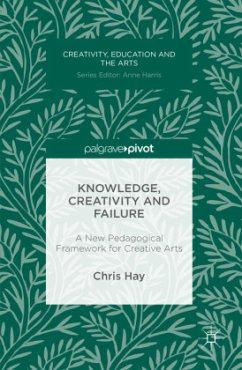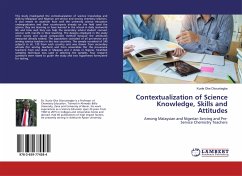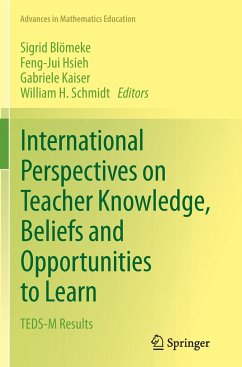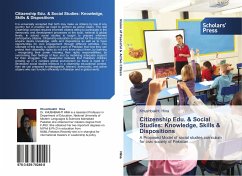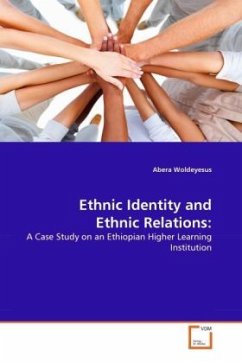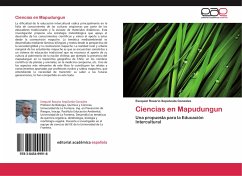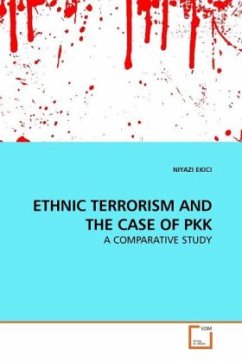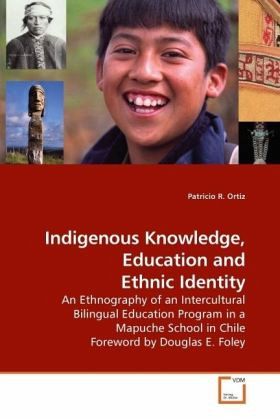
Indigenous Knowledge, Education and Ethnic Identity
An Ethnography of an Intercultural Bilingual Education Program in a Mapuche School in Chile Foreword by Douglas E. Foley
Versandkostenfrei!
Versandfertig in 6-10 Tagen
52,99 €
inkl. MwSt.

PAYBACK Punkte
26 °P sammeln!
As Intercultural Bilingual Education (IBE) programs in schools are proposed as effective methods for cultural, linguistic and ethnic identity (re)construction, indigenous people have began to develop groundbreaking programs to address their needs. Placed within an historical perspective, this school ethnography of an IBE program in the Mapuche context in Chile, looks at how Indigenous Knowledge (IK) Kimün and Mapudungun language, create decolonizing forms of culturally relevant pedagogy. It focuses on the role of Mapuche ancestral educators Kimches, who bring IK into the classroom as their ma...
As Intercultural Bilingual Education (IBE) programs in schools are proposed as effective methods for cultural, linguistic and ethnic identity (re)construction, indigenous people have began to develop groundbreaking programs to address their needs. Placed within an historical perspective, this school ethnography of an IBE program in the Mapuche context in Chile, looks at how Indigenous Knowledge (IK) Kimün and Mapudungun language, create decolonizing forms of culturally relevant pedagogy. It focuses on the role of Mapuche ancestral educators Kimches, who bring IK into the classroom as their main curriculum. Creating with this, counter-hegemonic dialogs in which IK becomes a resource for meaningful and participatory pedagogy. At the same time that enables new forms of hybrid and negotiated identity construction, among their indigenous students. In addition to educators, anthropologists and sociologists of education interested in exploring how indigenous knowledge and bilingualism enable more effective and diverse learning environments, this book will also be of interest to policy makers and administrators looking for resources for sustainable program development.



